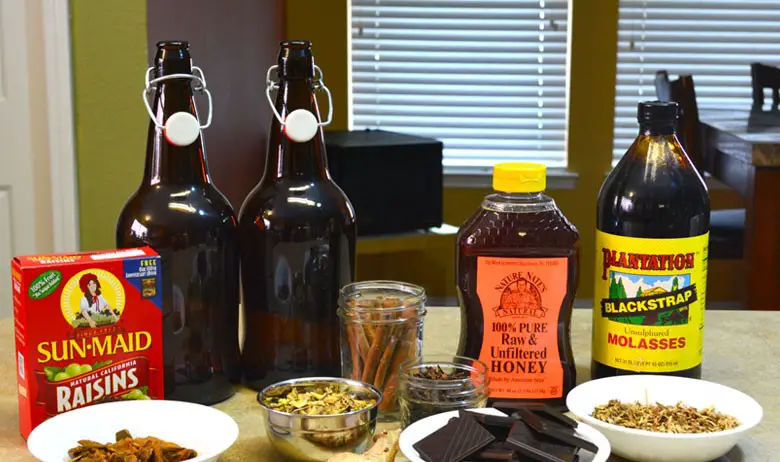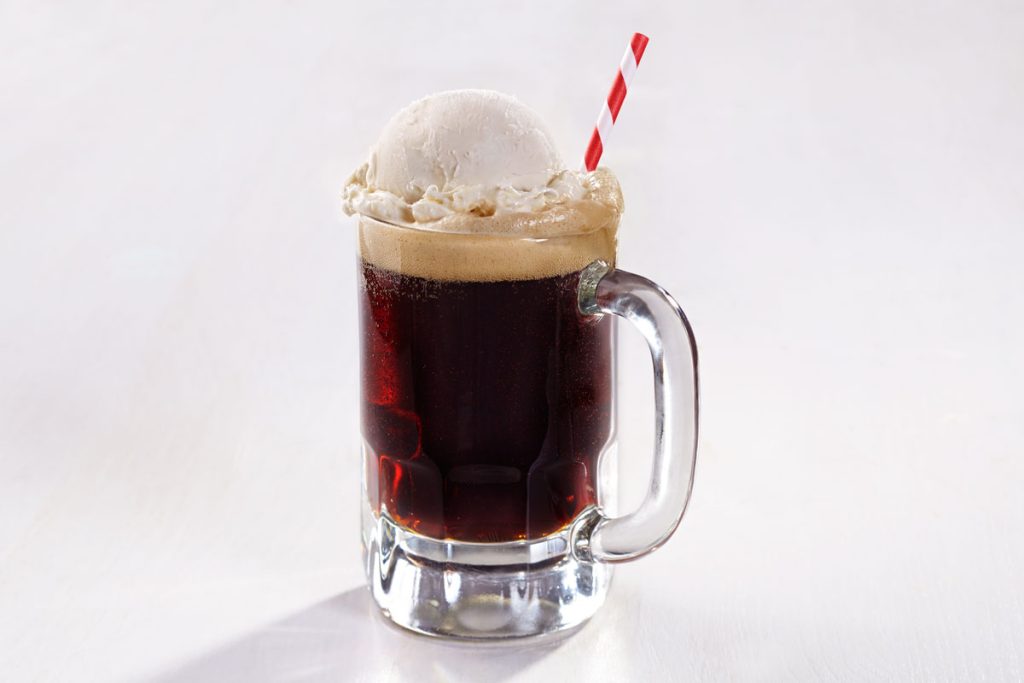Are you a fan of root beer? This bubbly, sweet drink is a favorite for many, especially as a go-to refreshment on a hot day or a cozy companion during movie nights. Now, if you’re following a halal diet, you might pause and wonder, “Is root beer halal?” It’s a great question, considering not all beverages fit the halal bill, even the non-alcoholic ones. In this article, we’re going to dive into everything root beer – from its ingredients to how it’s made – to figure out if it’s a drink you can enjoy without hesitation. So, let’s get started and quench our curiosity about Decoding the Halal Status of Root Beer.
Halal 101: The Basics
Let’s break it down: “Halal” is a term that pops up a lot when we discuss food and drink in the context of Islamic practices. It means that something is permissible or allowed. So, when we dive into whether something like root beer is halal, we’re basically asking if it meets the standards set by Islamic law. This includes looking at the ingredients, how they were handled, and even how they were processed.
For a drink to be considered halal, it needs to steer clear of anything that’s a no-go, like alcohol or ingredients derived from non-halal sources. It’s about making sure that what you’re drinking is clean, pure, and respectful of these dietary laws.
The Halal Checklist for Beverages
Alright, let’s get into the nuts and bolts of what flips the halal switch for beverages. It’s not just about dodging alcohol; there’s a bit more to it. First off, every ingredient needs to be on the halal-friendly list. This means no alcohol, no by-products from non-halal animals, and nothing that’s considered harmful or impure by Islamic standards.
Then, there’s the production process. The equipment used to make the drink can’t be contaminated with non-halal substances. So, if a factory is making both halal and non-halal products, they’ve got to keep things separate to avoid cross-contamination.
And here’s another important bit: artificial colors, flavors, or preservatives need a halal thumbs-up too. Just because they’re not directly from non-halal sources doesn’t automatically make them okay. They need to be checked and verified.
So, when we’re asking, “Is this beverage halal?” we’re looking at the full picture—from ingredients to production.
What’s in Your Root Beer? Ingredients Breakdown
Now, let’s get into what makes root beer, well, root beer. This fizzy drink is known for its unique, sweet taste, but what’s actually in it? Typically, root beer is a mix of water, sugar, and a bunch of flavors from natural sources like sassafras tree bark or sarsaparilla root. Then, there’s vanilla, licorice, and sometimes even a hint of wintergreen to add that special kick.

But here’s where it gets interesting for our halal check: root beer is generally non-alcoholic. That’s right, despite the “beer” in its name, root beer is more about the root than the beer. However, the halal status isn’t just about alcohol; it also depends on how each ingredient is sourced and processed.
Understanding these ingredients is key to figuring out if your favorite root beer aligns with halal dietary guidelines.
Halal or Not? Sifting Through Root Beer Certifications
Diving deeper, let’s talk about what makes a beverage like root beer truly halal. It’s not just about avoiding alcohol; it’s about ensuring every step, from ingredient selection to bottling, aligns with halal principles. For root beer to be halal-certified, it must pass through some rigorous checks.
Certification bodies look at the entire process. They check if any alcohol is used, even in flavoring, and confirm that all ingredients are free from non-halal substances. This certification is like a seal of approval, telling you that, yes, this root beer meets the strict standards required for it to be considered halal.
However, not all root beers carry this certification. This doesn’t automatically mean they’re not halal, but it does mean you’ll need to do a bit more homework. Checking labels and even reaching out to manufacturers can be a good step to ensure your root beer choice fits within your dietary guidelines.
Digging Deeper: What Determines Halal in Root Beer?
When it comes to root beer and its halal status, a few key factors come into play. First up, let’s talk ingredients. Most root beers are a mix of water, sugar, and natural flavors, but now and then, a brand might sneak in something that’s not halal-friendly. For instance, some flavorings or colorings used could be derived from non-halal sources, or there might even be trace amounts of alcohol from the flavor extraction process.
Next, consider the production line. The equipment used to brew root beer needs to be free from any cross-contamination with substances that aren’t halal. This means if the same machinery is used to make non-halal beverages, there needs to be a thorough cleaning process in place to keep things strictly halal. And don’t forget about certification. A halal certification is a solid gold standard, showing that a product meets the necessary Islamic dietary guidelines. However, not all root beers have this certification, which can leave a bit of a question mark over their halal status.
Also Read: Is Chocolate Liquor Halal?
Making Sure Your Root Beer Fits the Halal Bill
So, you’re in the USA or UK and craving that sweet, fizzy root beer. How do you make sure it’s halal? Here are a few straightforward steps to keep your root beer experience on the halal side of life.
First off, look for the halal certification label. This little mark is your best friend because it means the root beer has passed all the checks and balances to be deemed halal. Not all brands have it, but when you find one that does, you’re in clear waters.

If there’s no halal label in sight, don’t worry. Take a minute to read the ingredients list. You’re looking for any non-halal additives or alcohol-based flavorings. If the ingredients are all clear and straightforward, you’re likely good to go.
Next up, do a bit of detective work. A quick search online or a call to the manufacturer can give you the lowdown on the root beer’s halal status. Many companies are more than happy to share their product details with curious customers.
And here’s a tip for our friends in the USA and UK: local halal stores or communities often have the scoop on which brands are halal-compliant. They might even stock halal-certified root beers, taking the guesswork out of your search.
FAQs
Can I consider all root beer halal?
Not necessarily. While root beer is generally non-alcoholic, its halal status depends on the ingredients and production process. Always check for a halal certification or contact the manufacturer to be sure.
What ingredients should I look out for in root beer to determine if it’s halal?
Watch out for artificial flavors, colors, and preservatives, as these might not be halal. Specifically, look for any alcohol-based ingredients used in flavorings, which can affect the halal status.
Is homemade root beer always halal?
Homemade root beer can be halal if you ensure all ingredients are halal-compliant and avoid cross-contamination with non-halal substances. It’s a great way to enjoy root beer while controlling what goes into your drink.
Finishing Up: Navigating the Halal Root Beer Scene
So, there you have it—a deep dive into the fizzy world of root beer and its halal status. Finding a halal-certified root beer might take a bit of detective work, but it’s not impossible. Whether you’re in the USA, the UK, or anywhere else, keeping an eye out for that halal certification mark is key.
Remember, when in doubt, reading the ingredients list and reaching out to manufacturers can clear up any confusion. And don’t forget, local halal stores are often treasure troves of compliant beverages, including that sought-after root beer.
At the end of the day, enjoying root beer within your halal diet is all about staying informed and making choices that align with your values.










Leave a reply